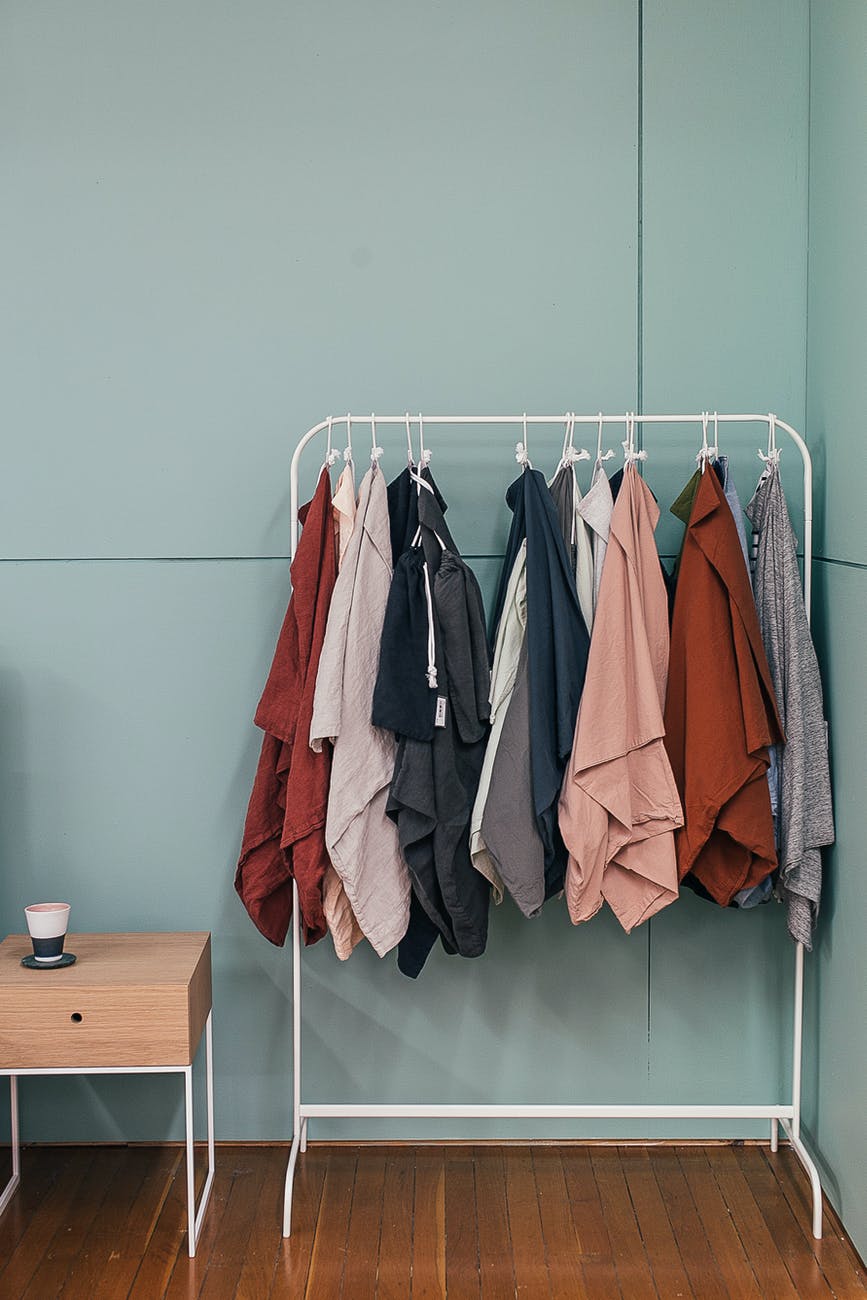The impact of the Covid-19 pandemic
I don’t think any of you readers would disagree that a lot happened in 2020! The COVID-19 pandemic struck with force, remodelling our approach to work, living and shopping. The Black Lives Matter movement came to a head, resulting in a vocation for governments of the world to tackle racism and shed light on the darker underbelly of our societies. A spotlight was shed on human rights abuses taking place in China against the Uighur individuals and protests took place on the subject of climate change. The list goes on!
The good news is that 2020 saw several good things happen, particularly within the fashion realm. The COVID-19 crisis prompted a true shift in consumers behaviour with a move towards sustainable fashion. Statistics from McKinsey considered that “57% of shoppers had created vital changes to their lifestyles to try and reduce their environmental impact.” This inspired clothing brands to start looking at their own business models. It sparked a ”sustainable revolution” by pushing brands to supply more eco-friendly and conscious attire in 2021.
More sustainable brands
The events of last year took their toll on many people, particularly the most vulnerable in society. The treatment of people supplying the clothing from poorer countries to places like the UK and USA were coming under fire for issues surrounding pay and poor treatment. As a result, people began to support brands that had a more transparent manufacturing and supply chain. As a consequence the demand for sustainable fashion is predicted to grow exponentially, with studies predicting that the sustainable fashion market will amass to $9.81 billion in 2025 and $15.17 billion in 2030.
People helping their local businesses to support brands
To meet this growing demand, brands will have no choice but to consider implementing sustainable trends in 2021. In recent years, several massive fashion brands have launched ‘sustainable’ or ‘conscious’ lines, or have declared their commitment to cut back on the negative impact they are having. This year we can expect to see more brands leap onto the sustainable fashion bandwagon. This also gives room for a range of smaller and freelance fashion labels to shine and become noticed.
Shopping online and regionally
Unsurprisingly, a Tech. co survey found that many small business owners argued that COVID-19 had a huge impact on their revenue last year. This caused brands to pivot their strategy and develop new ideas. Going online was a necessity for brands and has allowed companies to grab and take stock of on trend opportunities.
Closed borders also meant a tough time for local businesses. Several people felt like they would like to help out in local communities by supporting small businesses, mostly from the comfort of their own home. This initiative is likely to last well into 2021 and beyond.
Repeating outfits
Despite the stigma, reusing the same garments that are already in our closets is a lot more sustainable!
COVID-19 forced several people to remain at home last year (and also into the new year), which meant less socialisation and a lot of Zoom conferences. As a result, people created a “Working From Home” uniform, which included a range of outfits that could be used on rotation.
Sweatpants all day daily
Last year comfortable wear saw a huge increase in sales. Loungewear sales boomed, with an increased demand for loungewear and casual wear. This trend is likely going to trickle into 2021.
Reselling is on the increase
Another huge trend that will gain momentum in 2021 is reselling. In line with Business of Fashion, “before the pandemic hit, the selling market was on the right track to double.”
ThredUP predicts online thrifting can grow sixty-nine per cent between 2019 and 2021! Platforms such as Vinted and Depop have done very well during the pandemic.
More inclusivity, diversity, and equality!
The fashion trade has been famed (and outed last year) for its lack of diversity, imbedded racism, lack of diversity and cultural appropriation. The Black Lives Matter movement of 2020 helped shed light on these problems, pushing customers to question their favourite brands and urge them to try and do better.
Inclusivity, diversity, and equality are no longer optional. Brands need to start focussing on incorporating these principles into their company’s mission. This is particularly important In 2021 and onwards. Fashion brands have to be motivated to implement these principles and values into their business model to keep up with this increasingly popular trend.
This year we’re looking forward to seeing a lot more brands take action so that everybody, regardless of their race, size, age, gender, disability, sexuality, or socio-economic standing, will have a purposeful place in fashion both now and in the future.
What trends do you foresee happening in the near future as a result of the Covid-19 pandemic and climate change predictions? Please comment and let us know.
Check out the rest of the Yames & Co blog for more information on sustainable fashion.
